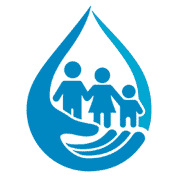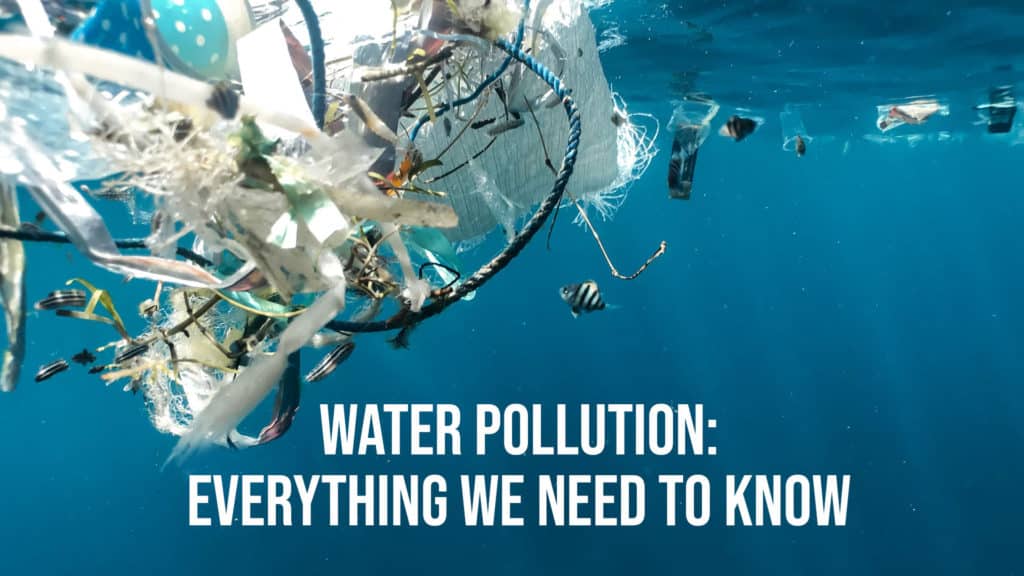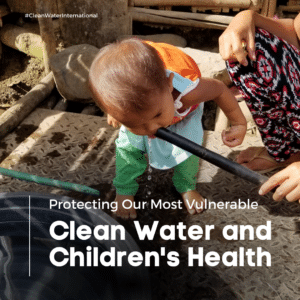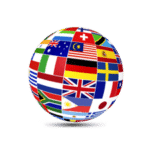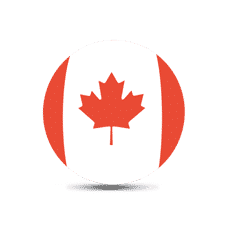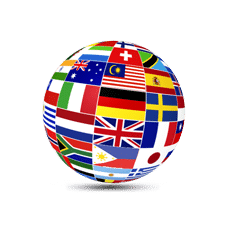Many people around the world must walk considerable distances to reach a water source. Children have been disproportionately affected by the water crisis, many becoming ill. In terms of societal consequences, today’s water issues are one of the most pressing worldwide risks. Because of this, Clean Water International forges a road to access to clean water progress for the poorest communities. Their purpose is to bring clean household drinking water to the great majority of people worldwide and form partnerships with individuals and organizations to turn the tide of the world’s water crisis and assist the underprivileged in reaping advantages.
Water contamination is a major problem that endangers human health. It is a critical issue that jeopardizes human health. Thus, join Clean Water International in providing a safe water source to the communities by establishing water connections in households and schools and providing water treatment infrastructure. Clean drinking water projects by Clean Water International give meaningful progress in this issue.
Knowing in-depth information about water pollution is necessary to be well-informed about the things that are happening in the world. In this blog, we will know more about water pollution:
Toxic Substances Cause Water Pollution
Water pollution occurs when dangerous substances, most common chemicals or microbes, enter a stream, river, lake, ocean, aquifer, or other body of water, decreasing water quality and making it poisonous to humans or the environment. Toxic compounds from farms, towns, and factories easily dissolve and combine with it, polluting the water. Crude oil and petroleum products—such as gasoline, diesel fuel, kerosene, motor, and lubricating oils, and jet fuel—are excellent examples. Because these compounds are lighter than water, they invariably float on top of it, generating sheens of “free product.”
Different Categories of Water Pollution
Groundwater, surface water, point source are some of the different categories of water pollution. Let’s get into the groundwater category. Rainwater becomes groundwater when it falls and seeps deep into the earth, filling fractures, crevices, and porous spaces in an aquifer. It is one of our most essential but least apparent natural resources. Nearly 40% of Americans get their drinking water from groundwater pumped to the earth’s surface. Groundwater becomes polluted when chemicals such as pesticides, fertilizers, and trash sloughed from landfills and septic systems enter an aquifer. As it seeps into streams, lakes, and oceans, groundwater can spread contaminants far from the initial contaminating source.
How Water Pollution Affects Humans
Water contamination is a major cause of many water-borne diseases all throughout the world, particularly in underdeveloped countries. It is a major source of many water-borne diseases worldwide, particularly in developing nations. In fact, the United Nations says that 85,700 children die each year as a result of diarrhea caused by unclean water. As a result, water quality must be monitored at regular intervals. The good news is that there is something that can be done about it. One example is Clean Water International’s projects.
How Water Pollution Affects the Environment
Healthy ecosystems rely on a complex web of animals, plants, microbes, and fungus to exist, all of which interact with one another, either directly or indirectly. Any disruption to any of these organisms can set off a chain reaction that endangers entire aquatic ecosystems.
The moment has come to significantly increase initiatives to acquire clean water and stop water pollution. Water quality is critical to our health, communities, and economy, whether utilized for consumption, household uses, food production, or recreation. Helping to stop water pollution can always be done at home. It can be as simple as not pouring grease down the drain. Grease, fat, and used cooking oil should be thrown away or placed in a “fat jar” for disposal with other solid waste. Pipes may clog, causing sewer lines to block and back up into yards and basements, contaminating nearby bodies of water.
Or, you can join forces with Clean Water International today to create long-term solutions to the worldwide water challenge. They count on the generosity of individuals and corporations like you to contribute what they can to the objective of delivering clean, safe drinking water to all. Help make safe water available to everyone for the rest of their lives by contacting them today!
Disclaimer:
The views and opinions expressed on this post are for informational purposes only; thus, cleanwaterinternational.org makes no representations as to the accuracy of the information found within this post unless explicitly stated.

